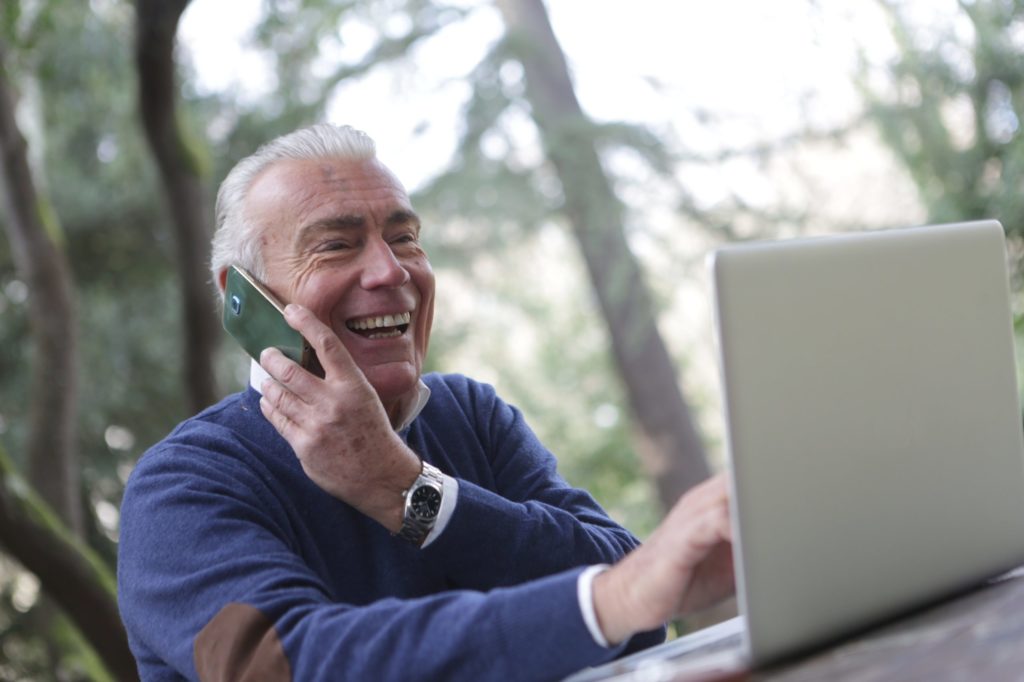Opinions & observations: Keeping contact with our elders is crucial amid COVID-19
At the very least, take this as a sign to call your grandma.

 This world is a scary place, and the only thing scarier is having to brave it alone. While COVID-19 has led to the widespread practice of social distancing, it has effectively sentenced many elderly Americans to social isolation. It is important to remember that loneliness, too, is bad for your health. Now is a pivotal time to develop strategies to maintain contact with our elderly loved ones because life may not return to “normal” for a long time.
This world is a scary place, and the only thing scarier is having to brave it alone. While COVID-19 has led to the widespread practice of social distancing, it has effectively sentenced many elderly Americans to social isolation. It is important to remember that loneliness, too, is bad for your health. Now is a pivotal time to develop strategies to maintain contact with our elderly loved ones because life may not return to “normal” for a long time.
I work at a pretty popular urgent care with locations in both Manhattan and Brooklyn. Every day, I meet patients from all walks of life with one thing in common: the past three months of quarantine have illustrated the difficulty of being alone. Many of my younger patients are resilient, and they have been quick to adopt strategies like meeting with friends in parks or open-air venues to maintain six feet of distance. Video chatting has been another useful resource that has softened the impact of physical separation. Sometimes I crack a joke about the virtual background I use during Zoom meetings, which happens to be a picture of a Lady Gaga concert (the only way I’ll ever be able to make it front row, it seems). But many of my older patients remark that their visit to my clinic, with the exception of the occasional run to the grocery store, is the only time they have left their house in months. Because COVID-19 is especially fatal for those over the age of 65, social distancing has been necessary for survival. Many of these geriatric patients do not even have emails to receive their COVID-19 test results.
It is also important to note that my patients all live independently. New Yorkers who live in nursing homes do not have the ability to leave on their own accord. With the exception of their health care team, human contact is limited to visitors and other residents. However, social distancing has restricted many of the social events that were once in place to combat loneliness. And while visitors are now permitted in hospitals and group homes at the facility’s discretion, visitors are still not allowed in nursing homes.

Brooklyn Boro
View MoreNew York City’s most populous borough, Brooklyn, is home to nearly 2.6 million residents. If Brooklyn were an independent city it would be the fourth largest city in the United States. While Brooklyn has become the epitome of ‘cool and hip’ in recent years, for those that were born here, raised families here and improved communities over the years, Brooklyn has never been ‘uncool’.